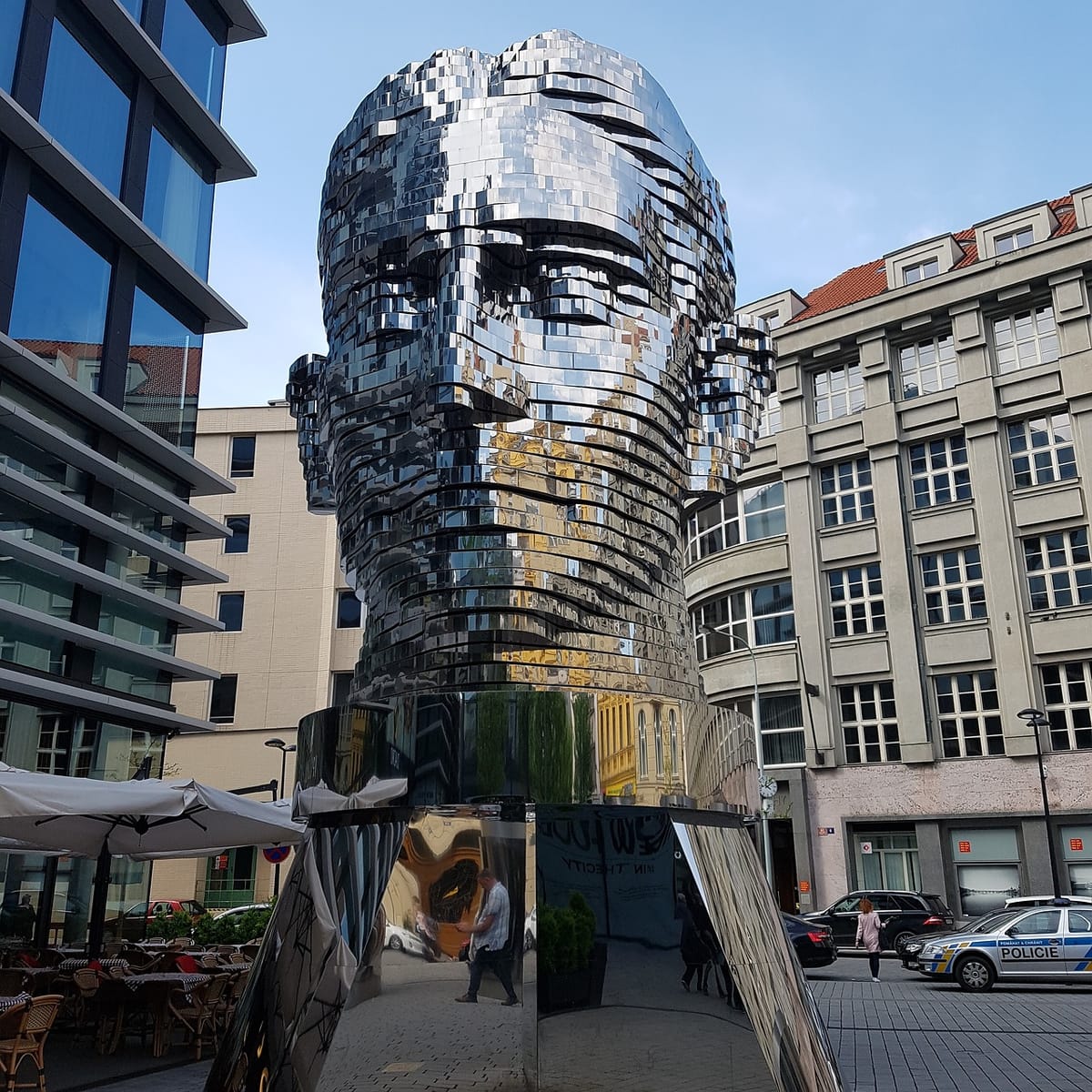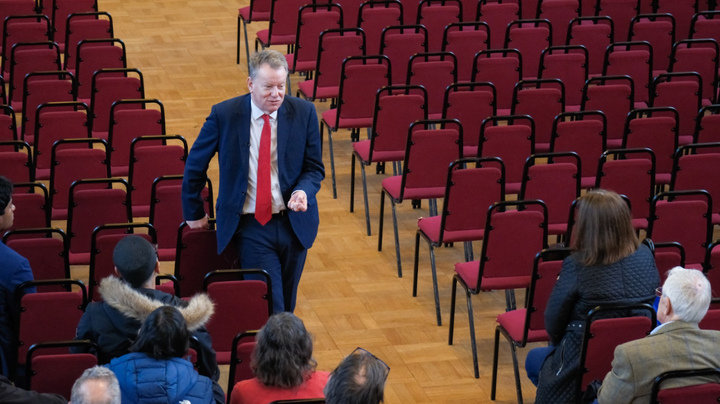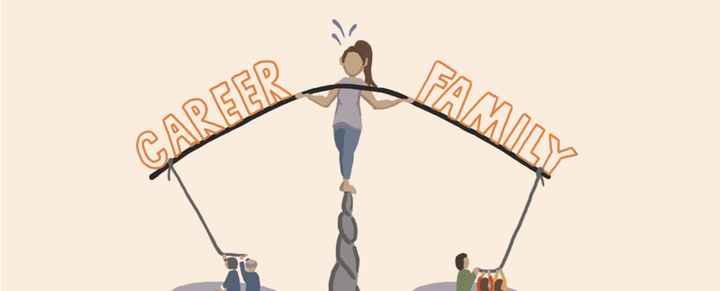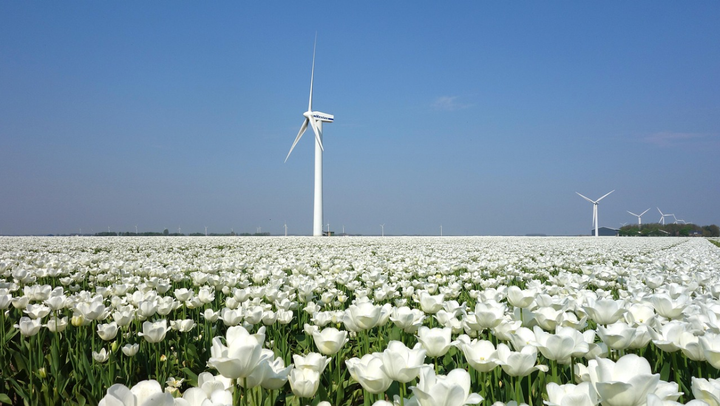Kafka’s “The metamorphosis” and Kierkegaardian despair

Alex Law
“The Metamorphosis” written by Czech Author Franz Kafka in 1915 tells the story of Gregor Samsa, a travelling merchant who awakens one morning to find himself transformed into a “monstrous insect”. The absurdist tone of the novella is rapidly elucidated as Gregor is seemingly more horrified by his inevitable absence from work than by his sudden and grotesque transformation. Soon Gregor’s family, whom rely on his salary to survive, become aware of his new condition and subsequently keep him locked inside his bedroom as to avoid being confronted by his disgusting appearance. Despite Gregor’s internal thoughts and personality remaining unchanged from his former human self, he has undeniably undergone a metamorphosis in the eyes of those around him and his permanent exclusion from both human love and dignity rapidly ensue.
Originally feeling a duty to care for Gregor, perhaps stemming from a sense of pity or merely residual emotional attachment, his sister Greta is seemingly the only the one to still see the person her brother used to be. She brings Gregor scraps of rotting food of which he now craves and helps with cleaning the bedroom that serves as the means of his inhumane isolation. However as the family, now without the financial security that Gregor used to provide, welcome tenants into their home; even Greta choses to turn her back on her brother saying: “I refuse to utter my brother’s name in the presence of this monster” and “we must try and get rid of it”. This interaction marks the fundamental turning point in the novella as Gregor finally loses what little humanity he was still clinging on to, marking the end of his metamorphosis. Gregor soon, after an altercation with his father, becomes injured and refuses to eat, dying beneath a sofa in his now entirely neglected room. His insect corpse is swiftly swept away by the family’s cleaner and in a seemingly out of place, rather surreal ending sequence, Gregor’s family take a tram out of the city and ride into the sun whilst discussing the possibility of finding a husband for Greta.
“The metamorphosis” contains many of the characteristic themes of Kafka’s works, namely the alienation of the modern working man, almost definitely inspired by his own career at an insurance firm, the facing of existential anxiety and the absurdity of the human experience. Many of Kafka’s characters face a similar fate to that of Gregor, being thrust into a senseless and absurd set of circumstances with no explanation or way of escape. After all, why is it necessarily more absurd to be thrust into the form of a giant insect as opposed to being born in the form of a human with a limited and unknowable lifespan? Whilst most of Kafka’s other protagonists, such as The Trial’s Josef K, face isolation through paradoxical and absurd bureaucratic structures, Gregor’s struggle is certainly a more internalised and personal one.
To me, the most interesting part of “The Metamorphosis” is Gregor’s refusal or perhaps inability to reconcile his outward change with his internal conception of selfhood. By refusing to give up on the pursual of his job which used to be a cause of much of his daily suffering, he chooses to cling to an idealised version of himself, a provider and a family man which he likely never truly was, rather than face the harsh reality he now finds himself in. Ultimately I believe Gregor’s metamorphosis to be one of losing himself, whether that be through unfulfilling and monotonous work, an unbearable burden of supporting ones family or the all-consuming pursual of physical pleasures (an idea alluded toward through Gregor’s attachment to a portrait of a woman he keeps in his room).
Danish philosopher Søren Kierkegaard, often referred to as the “father of existentialism”, in his work “The sickness unto death” expounds the idea of a metaphysical sickness which he calls despair. To Kierkegaard, an individual is in despair if they are living under one of three conditions: being unaware that they have a self which is separate from its finite reality, not willing to be oneself or defiantly willing to be oneself (the despair of the demoniacal). I believe what Kafka is portraying through the Character of Gregor is his own battle with this second kind of despair.
Kierkegaard defines the self as “a relation which relates itself to its own self” or in other words, a recognition of the self as a synthesis between the finite and infinite, the body and spirit. Kierkegaard posits that almost all individuals are in despair in one form or another given their lack of knowledge of the self as spirit with most people living almost entirely in the immediate, finite reality. This lack of knowledge is the lowest form of despair and to Kierkegaard is the despair of paganism as one cannot be aware of the self as spirit without the knowledge of a Christian god. With a greater consciousness of the self comes a greater potentiality for despair. Perhaps Gregor’s insectoid form is even an extreme metaphor for the duality of finite and infinite within the self, with Gregor fighting to reconcile the human with the inhuman.
However, to me, it seems evident that Gregor has indeed transgressed this first despair, having lived his whole life up to his metamorphosis in the immediate sensual reality, his change is one of a sudden awareness of the true nature of the self. With the social structures and relationships that consume his daily life merely cementing the illusion that the immediate is the totality of existence, a knowledge of the falsehood of this notion will, to Kierkegaard, entail a radical and personal alienation if not fully integrated through a strong personal relationship to god. I believe this to be the true meaning of Gregor’s seemingly fantastical transformation, as transcending the human can understandably create the inhuman.
Kafka’s message through the character of Gregor, to me, is as follows: Only through rejecting the spiritually stultifying and toxic effects of modern conformity, such as unfulfilling and monotonous work, jealously, and societal expectations, in favour of cultivating a deeper understanding of the self can we truly be free. It is in this thought that I believe Kierkegaard penned one of his most profound observations: “Earthly hope must be killed; only then can one be saved by true hope”.




Comments ()